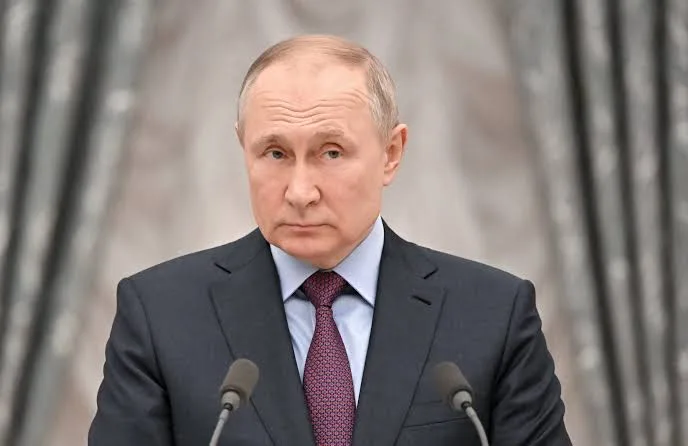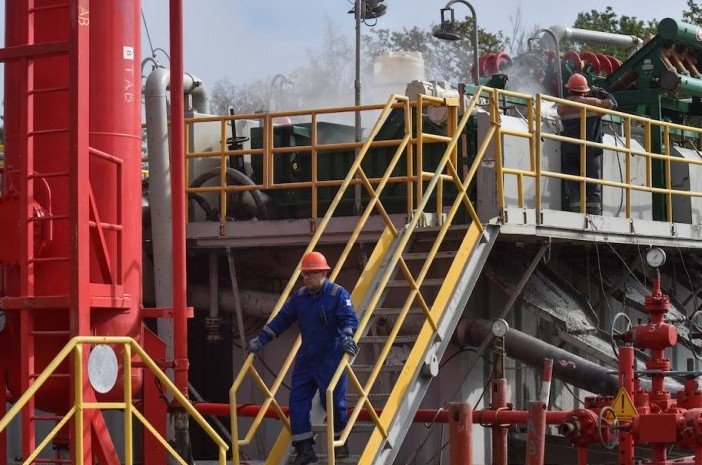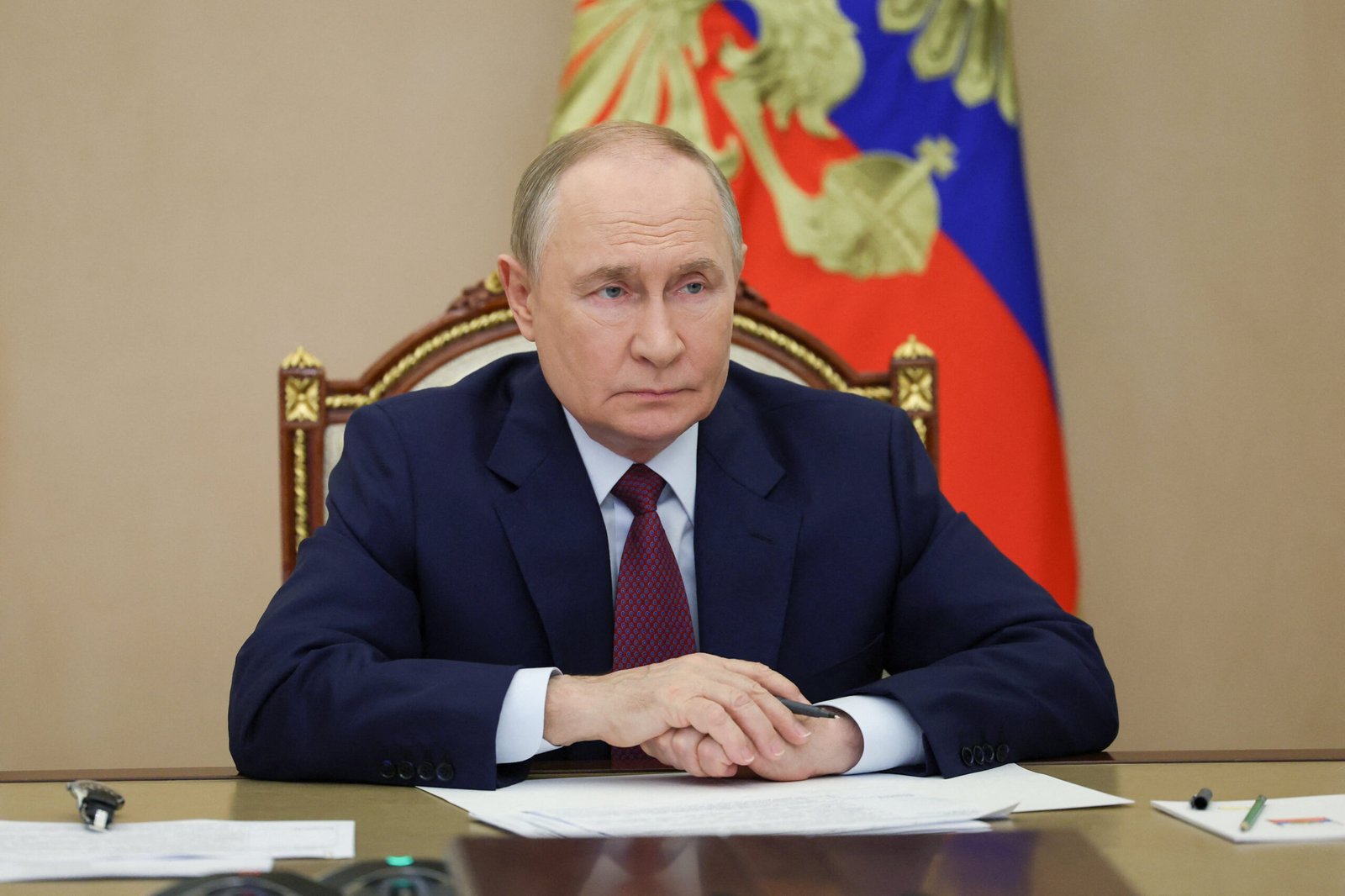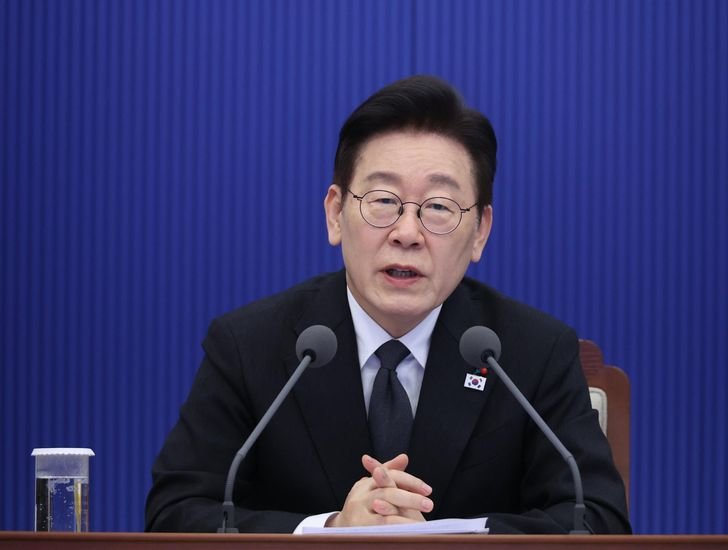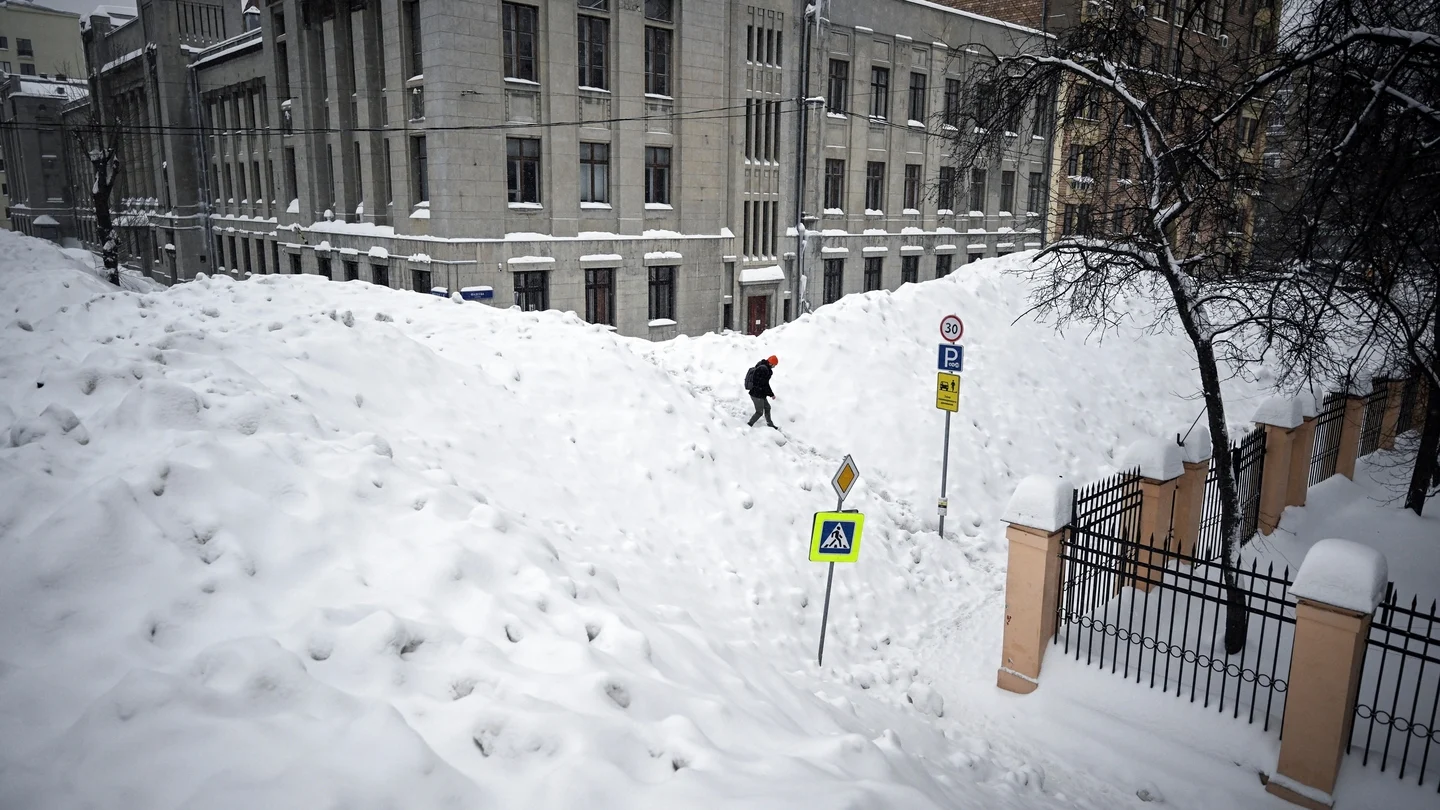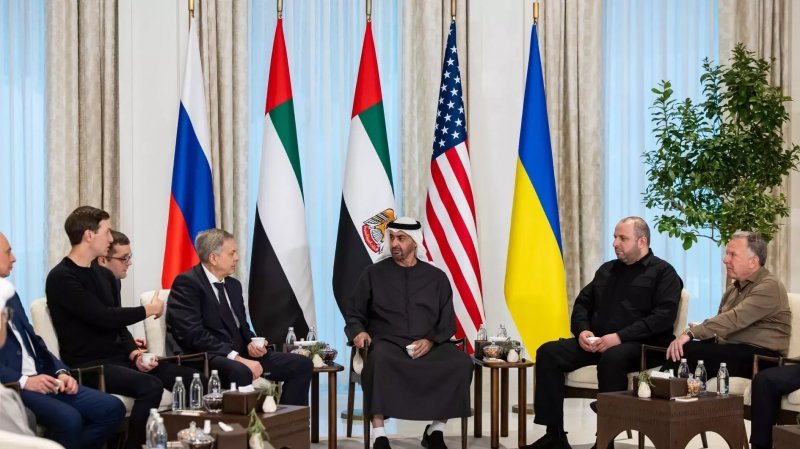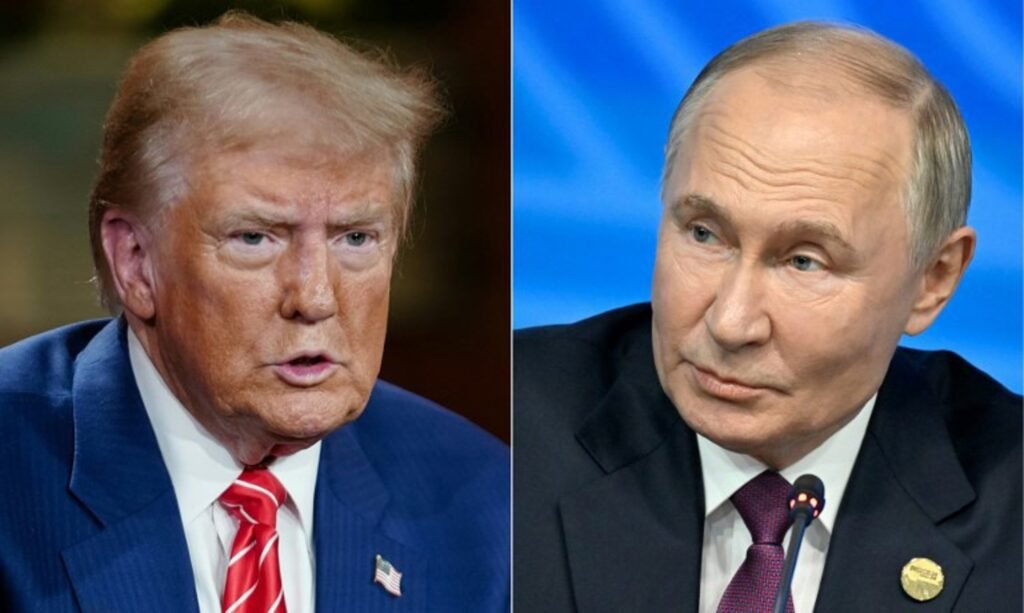Moscow, April 20, 2024, The Europe Today: Alfred Kammer, Director of the IMF European Department, has emphasized the necessity for legal backing in any efforts to seize Russia’s frozen reserves to avoid destabilizing the global financial system. Kammer’s remarks come amidst ongoing discussions among EU and G7 nations regarding the fate of approximately $300 billion in assets belonging to the Russian central bank, frozen since the onset of the Ukraine conflict in 2022.
Of the frozen assets, €196.6 billion ($211 billion) is currently held by Euroclear, a Belgium-based clearinghouse, accruing nearly €4.4 billion in interest over the past year.
“Regarding the seizure of Russia’s assets, our view is that this is a matter for relevant jurisdictions and courts to determine,” Kammer stated during a press briefing on Friday, echoing the IMF’s stance on the issue.
Kammer reiterated the IMF’s emphasis on considering the implications for the international monetary system in any asset-seizure actions. He referenced IMF Managing Director Kristalina Georgieva’s caution about potential unintended consequences, stressing the importance of upholding a multilateral rules-based system and maintaining a well-functioning global financial framework that has fostered prosperity over the decades.
The IMF has previously warned that unilateral actions to seize Russian assets could pose risks to the global monetary system, highlighting the need for a cautious approach.
While some Western officials advocate for the direct expropriation of these assets to benefit Ukraine, others, particularly within the EU like France and Germany, express concerns about the legality and potential repercussions of such actions on the European financial system.
EU Foreign Policy Chief Josep Borrell has proposed using the interest generated by Russia’s frozen reserves to support Ukraine militarily, a suggestion met with strong opposition from Moscow, warning of dire consequences.
Russia has vehemently opposed any attempts to seize its assets, labeling such actions as “theft” and a violation of international law, with potential ramifications for Western currencies, the global financial system, and the world economy.
The debate underscores the complex legal and geopolitical challenges surrounding the handling of frozen Russian assets amid the ongoing Ukraine conflict and its broader implications for international finance and diplomacy.
